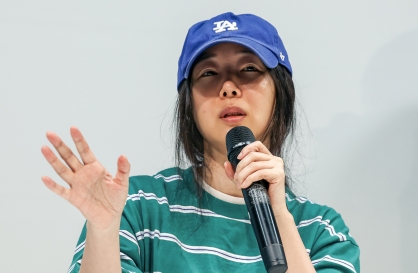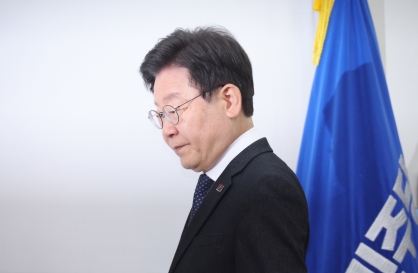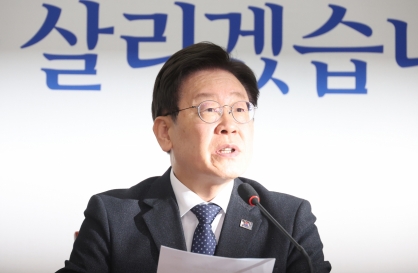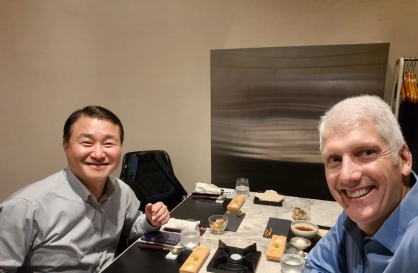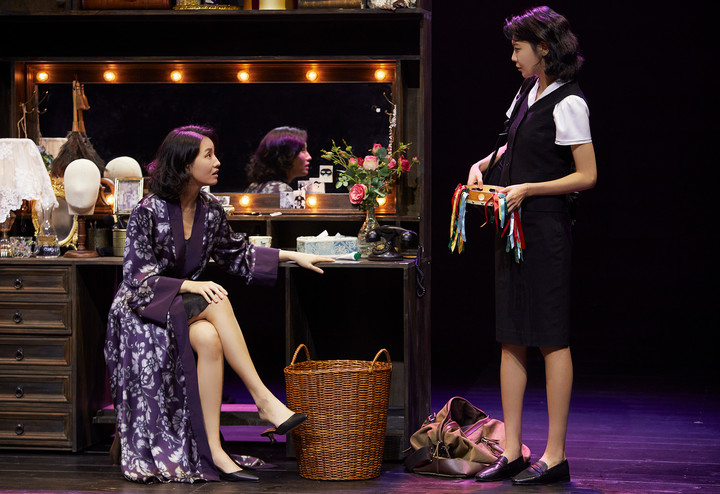 |
A scene from "Wife" (Gleam Company) |
"I am no longer your wife."
With these final words, Nora in Henrik Ibsen's "A Doll's House" leaves her home and husband, discarding from her identity as someone's wife and mother, while determined to be just herself. Nora hints at her journey to discover herself as the play concludes.
And it is from this point, that the story of the play "Wife" unfolds.
Written by British playwright Samuel Adamson, "Wife" draws inspiration from Ibsen's iconic play "A Doll's House." Originally penned in 1879, Ibsen's classic is considered the starting point of feminist drama, focusing on the true self-realization of women.
Some 140 years after "A Doll's House," Adamson’s “Wife” delves into how society’s perceptions of the role of wife have evolved, to today's era in which female independence, gender and sexual identity are considered important forms of self-realization and expression.
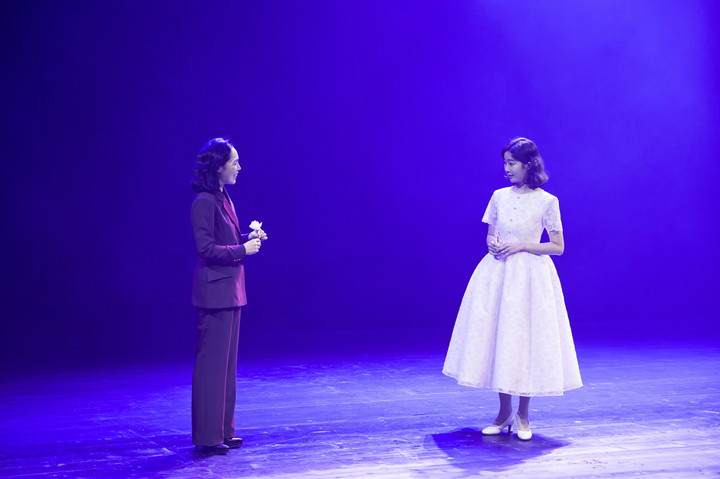 |
A scene from "Wife" (Gleam Company) |
The Korean production of “Wife” kicked off its run on Dec. 26 at the LG Arts Center, with director Shin Yoo-chung leading a cast of veteran actors alongside newcomers to the stage. Choi Soo-young, widely known as Soo-young of K-pop group Girls’ Generation, and Song Jae-rim make their theatrical debuts in "Wife."
Spanning over 90 years, the stories of four couples in 1959, 1988, the present and 2042 explore how each era has interpreted "A Doll's House" differently, and how the perspectives of people have evolved over time.
The narrative, centered around the keywords of women, queerness and the quest for self-discovery, follows the four couples living in different eras. The interconnected yet independent stories of each couple are portrayed by versatile actors taking on multiple roles.
“Those who we label as ‘wives’ are the most powerless beings in society, unable to make their voices be heard,” said director Shin, during a rehearsal in Daehangno in December that was open to the press.
He described the play as an exploration of the pain someone around us might still be experiencing despite the facade of a seemingly safe and fair society.
"It touches on the essence of the play by highlighting what we are missing," he said.
"Every day, I go through the process of finding myself (while practicing and performing this piece). Despite the fear and excitement when I was offered this role, I decided to take on the challenge. I was drawn to how characters in different eras are passionately fighting for their true selves,” said Choi.
The extensive and rapid dialogues may be challenging to grasp without background knowledge of Ibsen's "A Doll's House." Additionally, the lines that were directly translated into Korean felt somewhat awkward.

